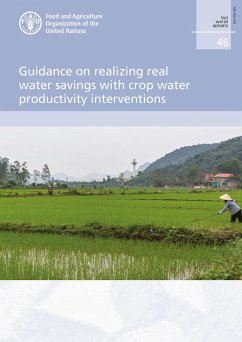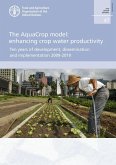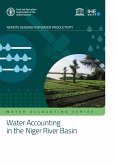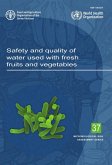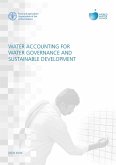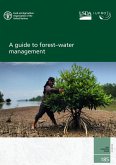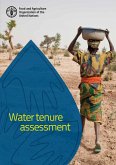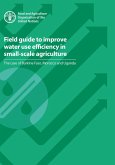This technical document contains clear and practical guidelines on how to implement real water savings in agriculture through interventions for enhancing crop water productivity. A distinction is made between real water savings and "apparent" water savings. Apparent water savings record reductions in water withdrawals but do not account for changes in water consumption. Real water savings record reductions in water consumption and non-recoverable return flows (runoff or percolation). This guidance document emphasizes the paradox of water savings at field and basin scales, which usually do not translate into increased water availability for other users, as is commonly believed.
Dieser Download kann aus rechtlichen Gründen nur mit Rechnungsadresse in A, B, CY, CZ, D, DK, EW, E, FIN, F, GR, H, IRL, I, LT, L, LR, M, NL, PL, P, R, S, SLO, SK ausgeliefert werden.

